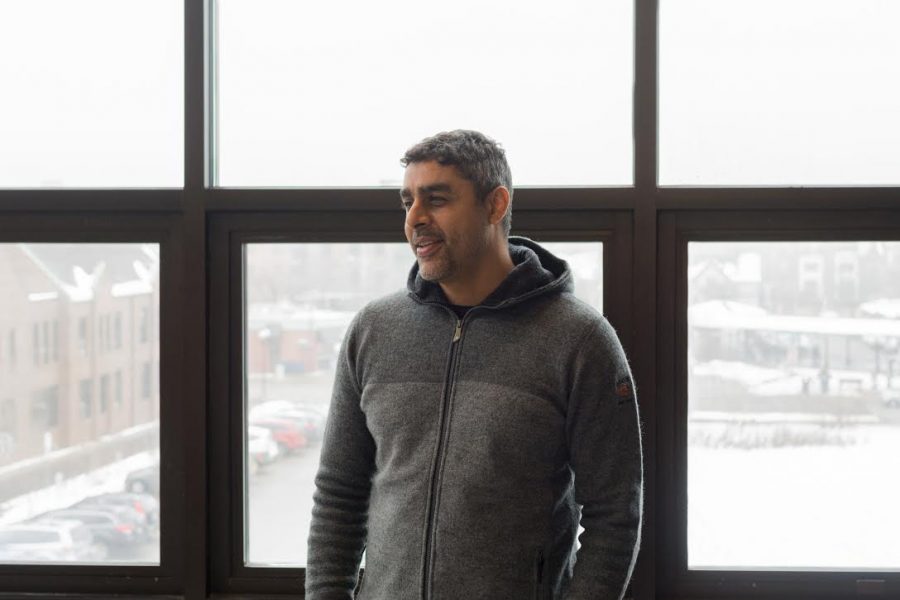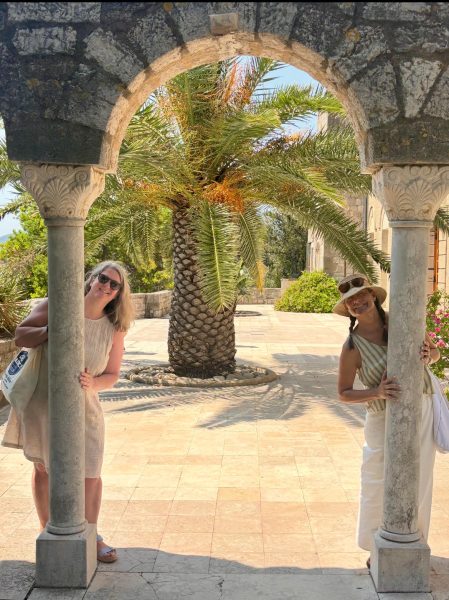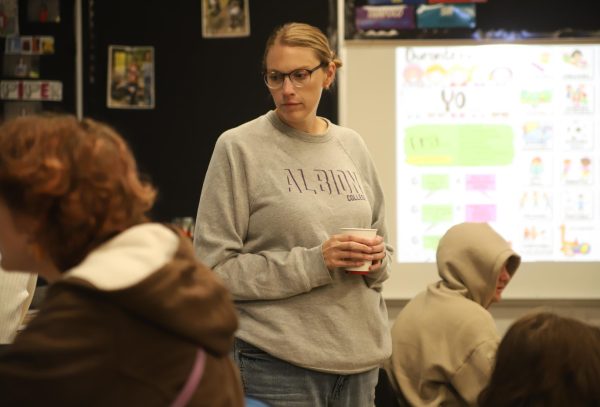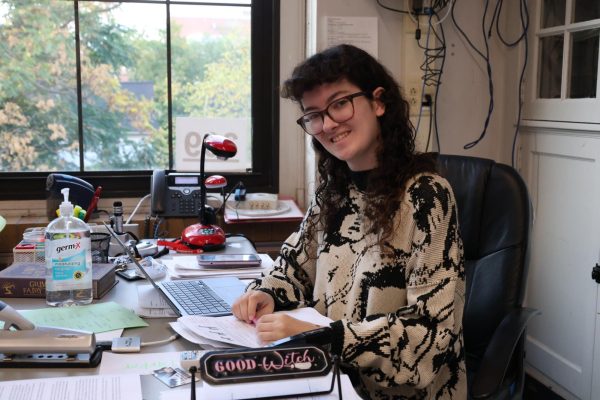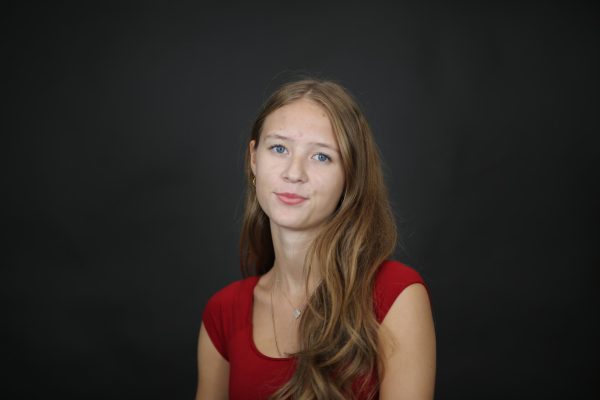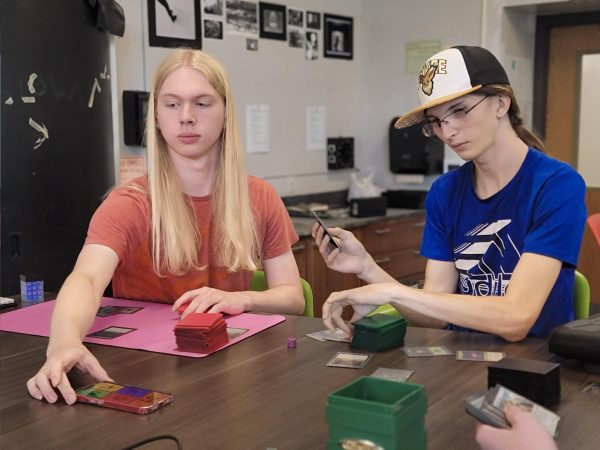The Innocent Truth
On a brisk Tuesday at the beginning of November, Mohamed El-Hussieny, a teacher at Community High School, did not show up to post his ballot. Instead, he was with his brother who had unexpectedly come into town. Not that missing a chance to vote would have made a difference to him.
The first time El-Hussieny had the chance to vote was in 1996. Bill Clinton was running for re-election and had very good support from the American people, including himself.
“I was young. It was like a Rock the Vote campaign, [and I] felt real good about going to do it,” El-Husseiny said.
After Clinton’s second term came to an end in the year 2000, there were two new candidates running for the presidency: Al Gore and George W. Bush. It is known for being one of the most controversial elections, as the presidency was decided by one state — Florida. As election night on Nov. 7 drew on, the winner of the race was announced as Al Gore. Soon after, there was a recount and the winner of the election was officially announced as George W. Bush. This outcome didn’t sit right with young El-Husseiny.
“[Al Gore] came out with The Inconvenient Truth, which was the first kind of groundbreaking documentary on climate change,” he said. “[I] just didn’t understand why someone of this background, who has this kind of knowledge, who wants to promote good for the world, wouldn’t be viewed as a leader, or why we would not want him in a position of power.”
He was sure that Bush would not be re-elected due to his actions involving the Middle East in his first term as president. But to his surprise, Bush would serve another four years in the highest office in the United States.
“9/11 happened. It was tragic, but the response to move into Iraq literally didn’t make any sense to me,” El-Husseiny said. “It was found that there was really no connection to 9/11 and there were no weapons found [in Iraq]. I was really surprised by the fact that it seemed to garner a lot of support from most of the American people.”
It was at this moment that he started thinking differently about the idea of voting. Back in 1996, El-Hussieny was young, naive, and had the idea that his vote made a difference in society. Twenty years later, his opinion has changed dramatically.
“I felt like on some level I’m being told I’m making a difference, and if more people did this there would be change in the world,” he said. “And as I’ve gotten older, I just haven’t necessarily seen that.”
El-Hussieny has witnessed throughout his life that there has never been enough money to go around, regardless of the president. He sees a problem with how money is distributed by the federal government. During the Bush presidency and during Obama’s first term, there was an economic downfall, and big businesses in the automobile industry were going bankrupt. The government gave these businesses taxpayer money to save them from bankruptcy. The money was supposed to help the companies create more jobs and stimulate the economy, but that didn’t end up happening. Both times this bail out occurred, the outcome that the government desired was never achieved, and he feels that this is no coincidence.
“It seems like no matter what happens, it just seems like there’s a structure in place that is very difficult for real change to occur,” he said. “You go out and you vote and you get new people in office with these new ideas, but ultimately speaking no, the whole process does not allow for any forward movement.”
Making change in the federal government seems to be the one thing that El-Husseiny wants, but can never accomplish. He can only think of one reason as to why this is true.
“I feel like we don’t really live in a true democracy.”
In El-Husseiny’s terms, a true democracy would mean that the president is leading based on what the people want.
“The world you live in should reflect the opinions of the people who are voting,” he said.
But as El-Husseiny looks around him, he doesn’t feel his vote is being represented and manifested through the policies and the political actions the government takes, and he thinks he knows why.
“There are people who have a vested interest in people not knowing things,” he said.
There are ties from the tops of big corporations and the people who are in Congress, which can make for biased voting and unfair laws made to benefit a select few. El-Husseiny would like to do away with this, and live in a fairer and truer democracy. Until this days comes, though, he will have to use the avenues he has available to him to make his opinions heard.
“The true change really happens on the day to day,” he said. “You can vote with your money. You can choose to pay money towards certain places, not pay money. That’s how real change can actually occur.”



